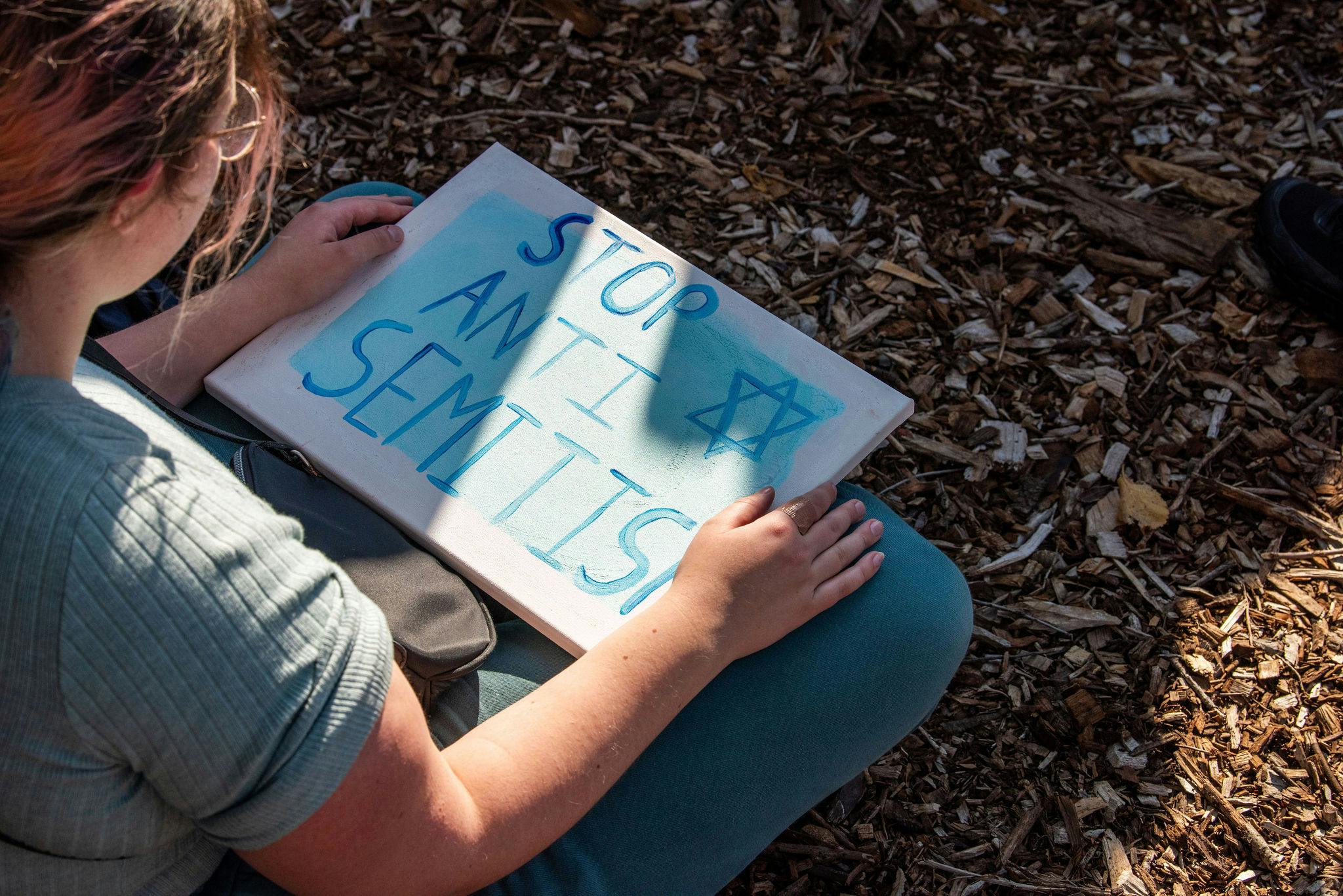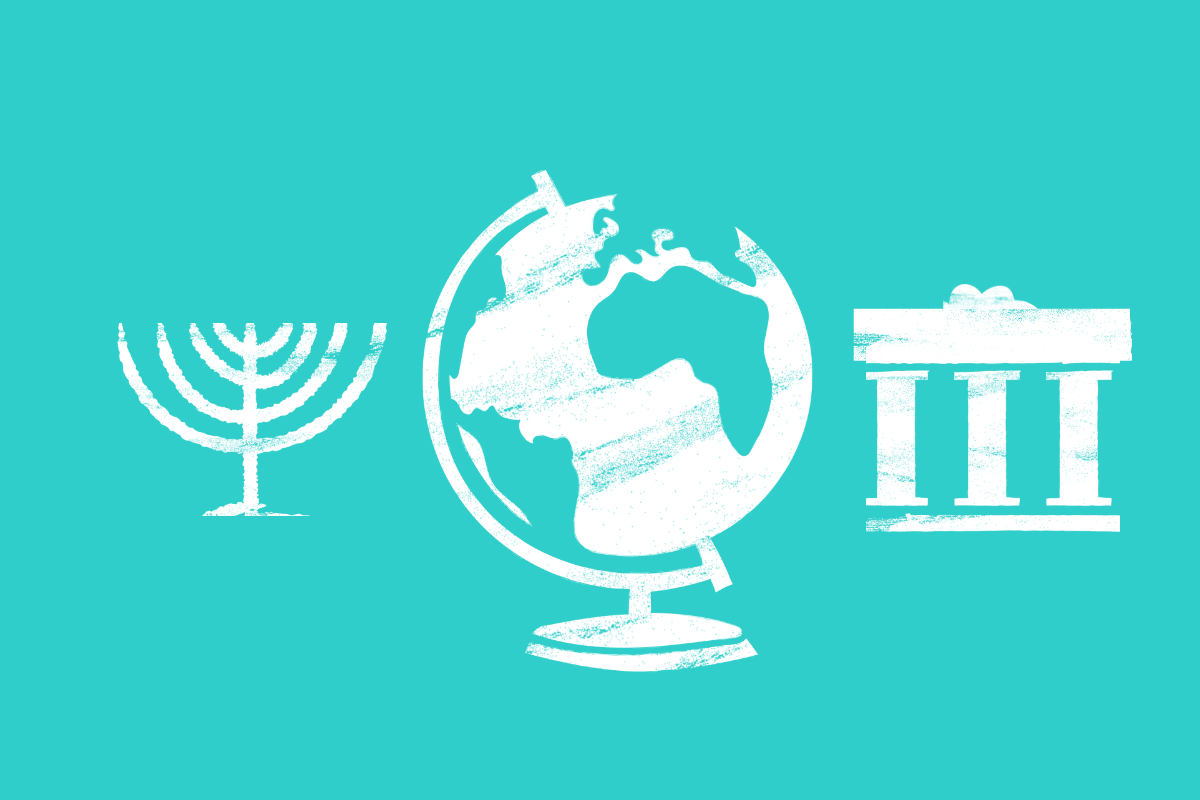Published: 15 August 2023
Last updated: 5 March 2024
Despite strong exhibitions and general goodwill, an awkward location and fewer visitors made the financial pressures insurmountable.
The temporary closure (but for the foreseeable future) of the Jewish Museum in London came as a considerable shock to most Jews other than those who had been grappling with its finances for the past few years.
Founded before World War II, but for a long time housed in fusty and frankly unwelcoming surroundings in one of the headquarter buildings of the Jewish community in London, the Jewish Museum finally emerged into the light in the 1980s and 1990s when it secured a building in Camden Town, a trendy and rapidly gentrifying area of North London.
At that time, it merged with the less well-endowed and far less venerable but more contemporary and more informal museum of the Jewish East End which, rather than presenting many striking and special artefacts, concentrated on the ordinary life and experience of Jews in London.
With the two together, the Jewish Museum of London could offer visitors both a rich and deep insight into the history of Jewish life in London as well as casting wonderful shafts of light into all that has been beautiful in the way that Jews have celebrated our festivals, key moments and special places. But Camden Town is neither near the other main museums of London nor near the heartlands of the London Jewish community.
Geographically, it was not ideally placed and the building it secured (through the remarkable support of one philanthropist in particular) was landlocked and fairly inflexible, housed in a townhouse and prevented by local conditions from putting out any striking signage to announce its presence.
Nevertheless, by dint of outstanding and creative staff and programming, it succeeded in putting itself on the map. Many of its special exhibitions, for example on Jews and Football, on Amy Winehouse and, grasping at least one bull firmly by the horns, on Jews and Money, it attracted widespread interest, extensive accolades and enthusiastic recognition from both the wider museum community and powerbrokers in London and across the national cultural scene.

However, again and again, the sums did not add up. Things had always been difficult pre-Covid but the museum had managed to keep its head above water, innovating, securing large numbers of school visits, sparkling with wonderful special exhibitions and so on. But Covid closed down everything and rebuilding numbers has apparently been an insurmountable struggle.
Finally, a few weeks back, its trustees threw in the towel. The building would have to close and last week a closing ceremony took place in the presence of the great and the good from both within and outside the Jewish community.
There is brave talk. Online programs will continue, the collection will remain accessible to researchers, a new more manageable – and affordable – building will be sought.
But it’s hard to see when, where or how a new physical museum will emerge. Although it had received various grants from government sources, both local and national, it has mostly had to wash its own face.
And being number six or 17 on almost everyone’s priority list – we all want to help but we’ve got other more pressing calls on our support – it seems hard to imagine the moment the phoenix will rise. And current talk is all about a Holocaust memorial and learning centres.
The trustees suggest five years’ time. Time will tell.
Photo: Jewish Museum of London




